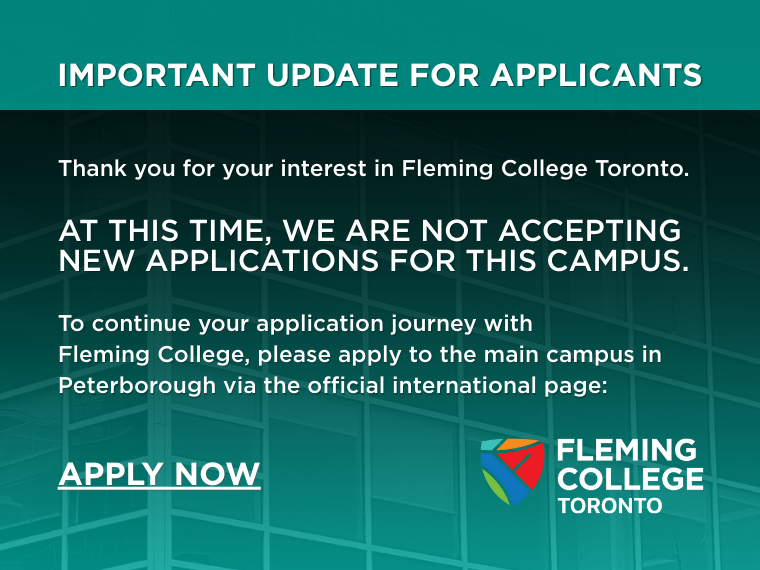Hybrid Delivery: The Future of English Language Learning?
- June 01, 2023
- FCT Programs

This is a guest post from Daniel Shaw, FCT English Language Bridge Program Coordinator and experienced language educator.
With the ever-changing nature of technology and the increasing resources now at our disposal, it has never been easier to learn English as a second language. However, as a language learner, it can sometimes be difficult to know the best ways to learn a language and if the way we learn today will be the same tomorrow.
With the creation of artificial intelligence and smart technology, online learning has become a viable learning option alongside traditional classroom instruction. This trend of hybrid learning is likely to continue further in the future.
It has never been easier to learn English using your phone, tablet, or computer. Instead of travelling every day to attend a class or meet a tutor for one-on-one language practice, many students can now receive the same high-quality instruction both at home and on campus.
Technology has also undoubtedly made it easier to connect teachers and students to one another, regardless of linguistic or cultural barriers that may exist. This means many English language instructors now teach both online and in the classroom. Online-only students may argue that real language learning comes from authentic interactions with real people, and it can sometimes be difficult to replicate this in a virtual environment; this is why many institutions are now promoting and developing hybrid models of delivery such as the ones on offer in the FCT ELB program.
Another key factor influencing English language learners is how they learn the language. In addition to classroom lessons or direct instruction, the previous generation tended to rely on books, textbooks, and CDs, whereas the current generation relies mainly on e-books, video streaming websites, podcasts, tv shows and online learning platforms to help them learn. As lifestyles and how we work change, so too will the way we learn languages. Both English teachers and English learners will need to be more flexible and offer a range of courses and schedules for those who have different lifestyles and styles of learning.
The future of language learning could also be a fantastic opportunity to help English teachers improve their communication skills, methods of teaching and the materials they use. New types of teaching certification could develop to better serve students, and some teachers may one day become specialized in teaching specific types of students. Not only will technology help create more effective teachers, but it will also equip them with the vital skills needed to teach any student from anywhere in the world.
At present, there may still be some issues that cannot be solved yet, but both technology and institutions will almost certainly find a way to solve these problems. Even today, technology and the internet still have massive roles to play in the field of English language learning. As the access and availability of the internet and technology increase around the world, so too will the development of new types of learning, resources, and platforms for English language learners.
To learn more about Fleming College Toronto English Language Bridge, visit this page: https://www.flemingcollegetoronto.ca/programs/english-language-bridge-elb.
Read more blogs
Hybrid Delivery: The Future of English Language Learning?
Learn about how technology is transforming language learning online.…
An Interview with FCT’s Immigration Consultants
Meet the Immigration Student Advising Department at Fleming College Toronto…
Life Before English Language Bridge
This is a guest post from Daniel Shaw, ELB Program Coordinator and experienced language educator at Fleming College Toronto.…



